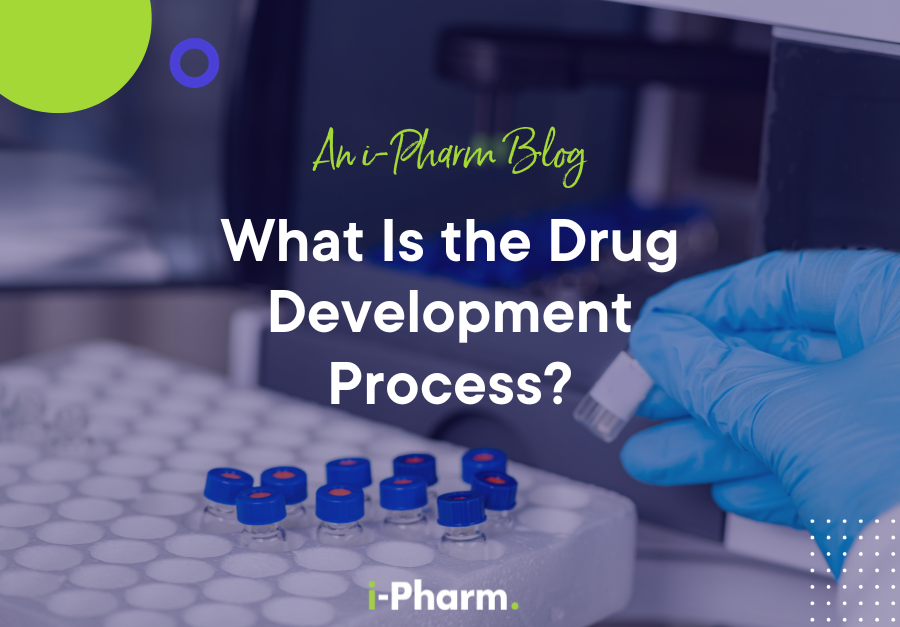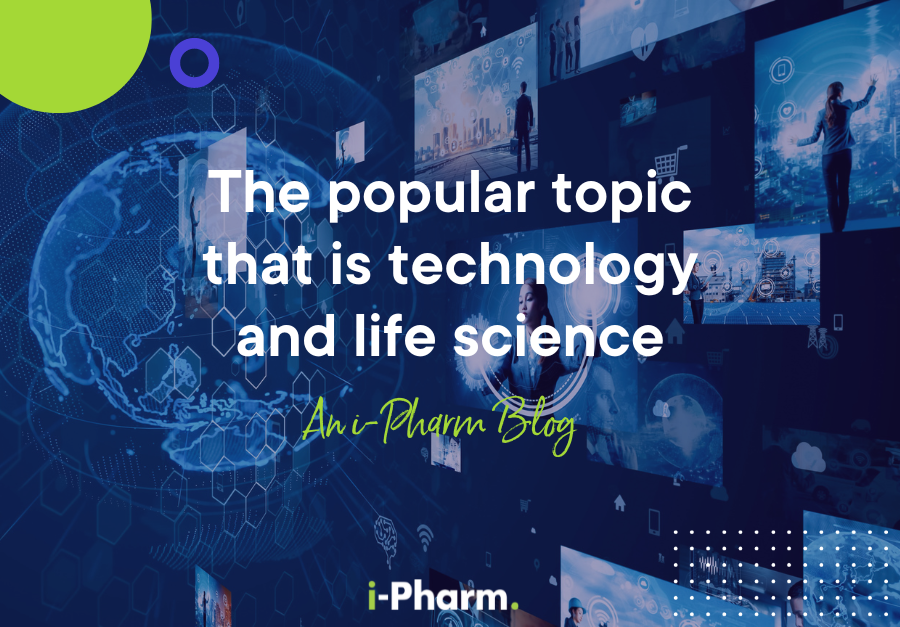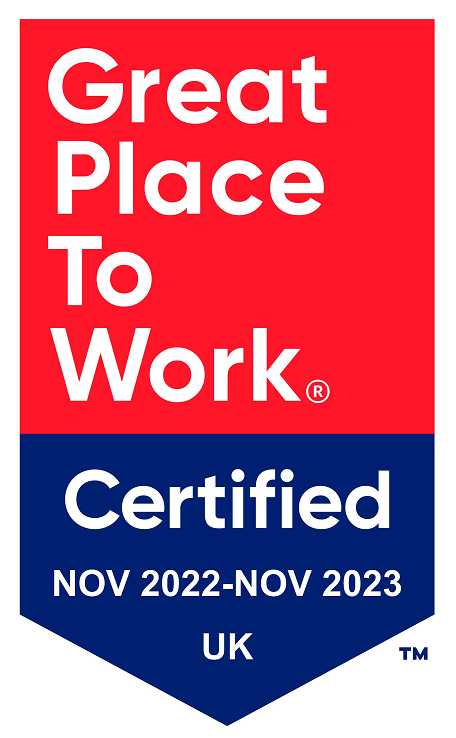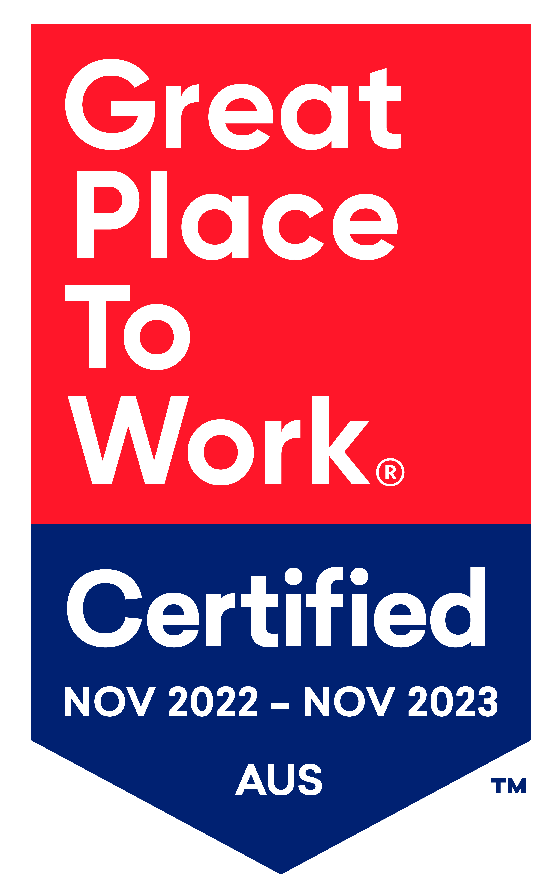Now is the time to consider Clinical Research Contracting
01 Mar, 20217 MinutesClinical research within clinical operations is a vital part of the drug development process...
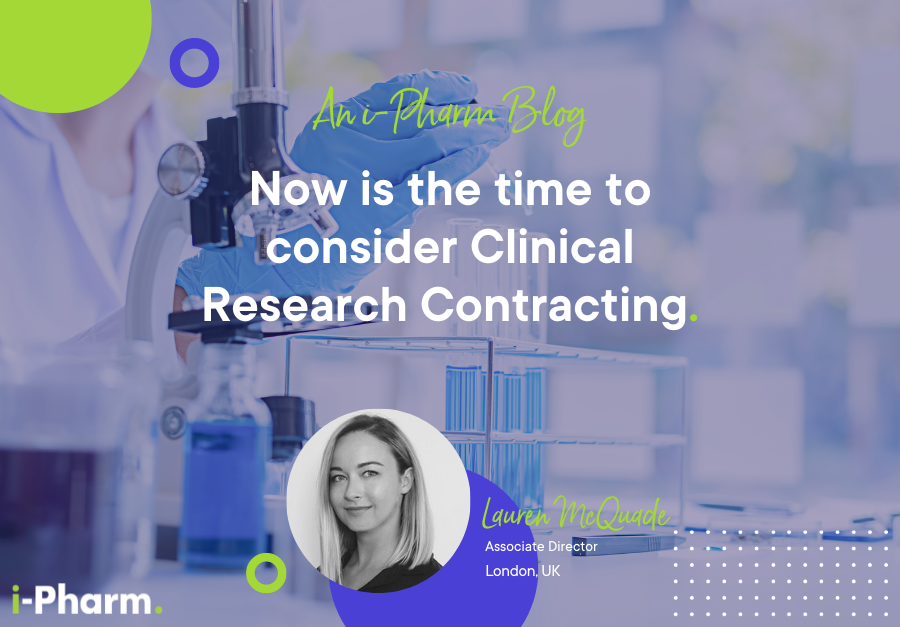
Clinical research within clinical operations is a vital part of the drug development process. It has provided many opportunities for more effective treatments to be created and potential cures of new and old illnesses.
Many would believe that in-house laboratory or medical facilities would be reasonable for these clinical trials and the development of treatments. For some companies, they might have those but many outsource or use contracting to help fill the demand.
After COVID-19 hit the globe and effectively pressed pause on daily life for the good part of 2 years, clinical trials were also affected. With many parts of the industry, trials were paused. Although, some trials such as priority trials have continued in areas such as oncology, where solutions have found to be more manageable with the restrictions that COVID presented.
It seems that we have reached the end of the ordeal, as life has returned back to some sort of normal. However, there is always the concern that it could return as a new form. If that was the case, we would need to be prepared for whatever comes our way in the future.
Clinical Trials and the COVID Vaccine
The life science industry has been working non-stop to ensure that the COVID-19 vaccine was created and available to combat the virus, as its first line of defence. Since these trials, we’ve seen an uptake in demand for contingent staff. This demand is coming from startups and corporate titans alike. Roles are becoming available in monitoring, project management and clinical support for further COVID trials. We are seeing mass project hires of clinical teams to work on a wider range of early to late phase vaccine trials.
CROs are in the vast majority of this new demand. Currently, there are over 1,000 potential vaccines in development, with as many as half already working through clinical trials. There are also trails for various COVID treatments with the focus on the impact on vulnerable groups.
What does the Demand for Contracting look like?
CROs are desperate to bring on clinical research talent that is equally strong and experienced, that are available to hit the ground running. In some cases, it isn’t possible to gain the amount of manpower needed to keep the clinical trials moving at a reasonable pace.
The demand for contractors comes at a time when a swathe of other clinical trials remain on hold, leaving many experienced clinicians in limbo who might see real benefits from spending a year or two as a contractor on a critical trial. A stint in contracting is both lucrative and good for the CV, often allowing candidates to expand their skills into project or process improvement, as well as offering the chance to be involved in historic drug development.
Moving into contracting for the first time is often daunting, but if your current employment is not especially secure and projects are on hold, now may be a good time to take the leap. Equally, for those that have contracted before and maybe moved into permanent employment for IR35 reasons at the start of last year, the current landscape could represent a compelling argument for a return.
There is an extraordinary appetite for CRAs, CTAs, Start-Up Specialists, Trial Managers and support staff, with the number of vacancies up ten-fold on anything we have seen previously.
Companies are looking to bring on large teams of highly skilled clinicians for short periods of time – throwing huge resources at a wide number of trials, many of which will not make it past Phase II, and working at an unprecedented pace. Most contracts are around six months in duration, though project managers can walk into year-long assignments.
Working through the Phases
Drug clinical trials are typically broken down by phase. Phase I, II, and III trials are frequently necessary for the Government to decide whether to approve a medicine for usage. It also allows you to assess your gaps and where you may need to hire a contractor to lead a phase of your clinical research project.
Phase 1
A Phase I study evaluates an experimental treatment on a small, frequently healthy population (20–80) in order to determine its safety and adverse effects as well as the ideal dosage.
Phase 1 trials aim to find out:
- How much of the drug is safe to give?
- What are the side effects?
- What happens to the drug in the body?
- If the treatment helps shrink the illness/virus/disease?
Phase 2
Phase II trials enrol more participants (100 to 300). Phase I placed a strong emphasis on safety, whereas Phase II placed a stronger emphasis on effectiveness. This stage aims to gather preliminary information regarding the drug's efficacy in patients with a particular ailment or condition. Studies on safety, including short-term adverse effects, are ongoing in these trials. This stage may continue for several years.
Phase 2 trials are designed to determine whether:
- The new treatment is effective enough to be evaluated in a bigger phase 3 study,
- Which types of diseases/illnesses/virus it is effective for,
- How to manage side effects, and whether it is safe to use.
- Learn more about the recommended dosage#
Phase 3
A Phase III trial examines various groups, different dosages, and the drug in conjunction with other medications to learn more about safety and efficacy. In most cases, there are between a few hundred and 3,000 subjects.
Phase 3 trials seek to determine:
- Which disease treatment is more effective than another?
- Details on the negative impacts
- How the medication impacts patients' quality of life
They could contrast conventional medical care with:
- A novel approach to treatment
- A unique method of administering a conventional treatment that uses varying doses of the same medication
Phase 4
After the Government approves the use of a medicine or device, a Phase IV trial is conducted. The efficiency and safety of a gadget or medication are evaluated in sizable, diverse groups. It's possible that a drug's adverse effects won't always be apparent until more people have used it for a longer period of time.
Phase 4 trials seek to learn more about:
- The drug's safety, adverse effects, particularly less common ones,
- What are the long-term risks and benefits?
- How well the medication performs when administered to individuals who were not a part of the phase 3 stud
Looking for more about Clinical Research Contracting?
Contracting in the clinical research sector is not a new thing or something that should be shunned. It is a way to ease the transition of data and ensure that crucial treatments are being developed in a timely manner. These treatments are vital to people suffering from chronic illnesses or life-changing diseases that have hindered their lives.
As we move through this new decade, we expect to see a continuation of the current demand, along with a few management roles coming in, as the volume of outsourced contract staff coming in from agencies creates demand for interim leadership and monitoring.
But the great opportunities currently in the market will not be around forever; in two years’ time, it is likely the market will have settled into a new normal. As such, if a period of lucrative contract work engaged on groundbreaking vaccine trials appeals, there has never been a better time to make the move.
Discover our life sciences jobs
At i-Pharm, we focus on changing lives by placing people at the heart of life sciences. Whether you're seeking an entry-level opportunity or a more senior position, our specialist recruiters have access to the world's best roles. So, if you're interested in moving into the life sciences industry or looking for a new opportunity within a particular sector specialism, our life science recruitment team can help.
Discover our life sciences jobs, visit our candidate's page or contact us today to see how we can unlock your potential.


